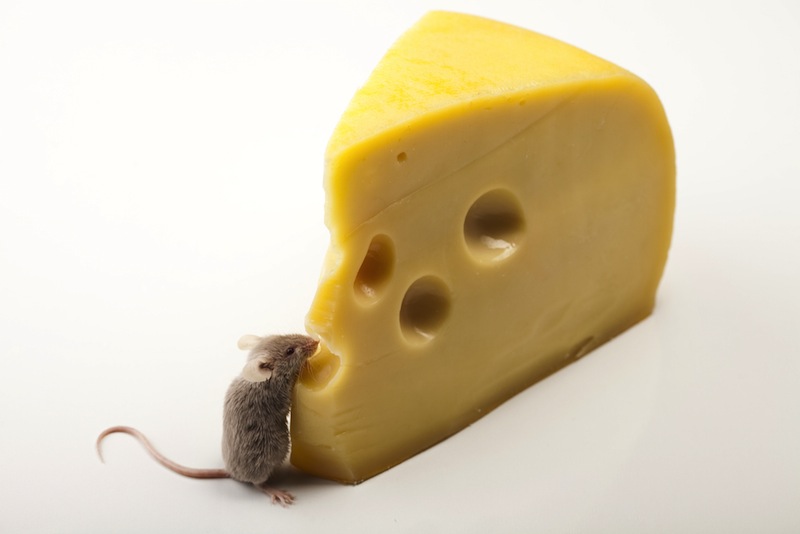Experimental Diet Pill Tricks Body into Thinking It Ate

A new drug could trick the body into thinking it had a meal, according to a new study in mice.
Although the drug is far from becoming a miracle diet pill for treating obesity in people, it does show promise as a weight-loss solution, at least in mice, the researchers said. The drug works in the intestines and mimics the physiological processes that occur after an animal consumes a meal.
As a result, mice that consume the drug burn calories to make room for the imaginary calories they didn't actually consume, according to the study, published today (Jan. 5) in the journal Nature Medicine.
"It sends out the same signals that normally happen when you eat a lot of food, so the body starts clearing out space to store it," said Ronald Evans, director of the Gene Expression Laboratory at the Salk Institute for Biological Studies in La Jolla, California.
The drug, called fexaramine, activates a molecular switch that releases bile acids into the intestines in response to food. Normally, the job of bile is to help the body digest the food, but its release also has ripple effects, triggering a set of other processes throughout the body, Evans said. [The 7 Biggest Diet Myths]
The new drug also appears to have fewer side effects than other similar weight-loss medications because it stays in the intestines, rather than entering the bloodstream and affecting the whole body, according to the study.
In the experiments, the researchers gave mice that were on a high-fat diet and were already obese a daily oral dose of fexaramine for five weeks. The found that the animals stopped gaining weight. The drug also lowered the animals' blood sugar levels and cholesterol levels, and caused a buildup of brown fat, which helps burn energy. Untreated obese mice in the study didn't show these improvements.
Get the world’s most fascinating discoveries delivered straight to your inbox.
The drug works by switching on a receptor called the farnesoid X receptor (FXR), which Evans and his colleagues have studied for about two decades. Some of the researchers stand to gain financially if a drug based on the research ever comes to fruition, the study noted.
After a meal is consumed, FXR triggers the release of bile acids, and also changes blood sugar levels and causes the body to burn some fats, the researchers noted.
The researchers said they believe a drug working on the same principles could one day offer people a nonsurgical treatment for extreme obesity. Currently, people who are severely obese even after trying to lose weight though diet and exercise have only a few treatment options, including gastric bypass surgery.
But first, the drug has to be tested in bigger animals, such as primates, and then in humans, before being used as a treatment for obesity. This process could take a couple of years, the researchers said.
Email Bahar Gholipour. Follow Live Science @livescience, Facebook & Google+. Originally published on Live Science.



